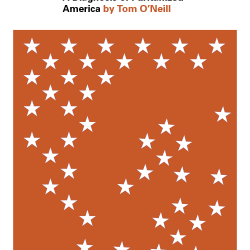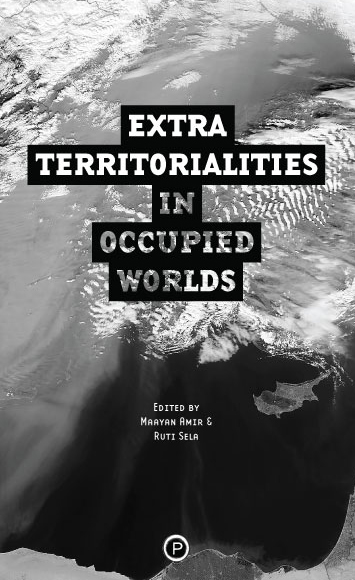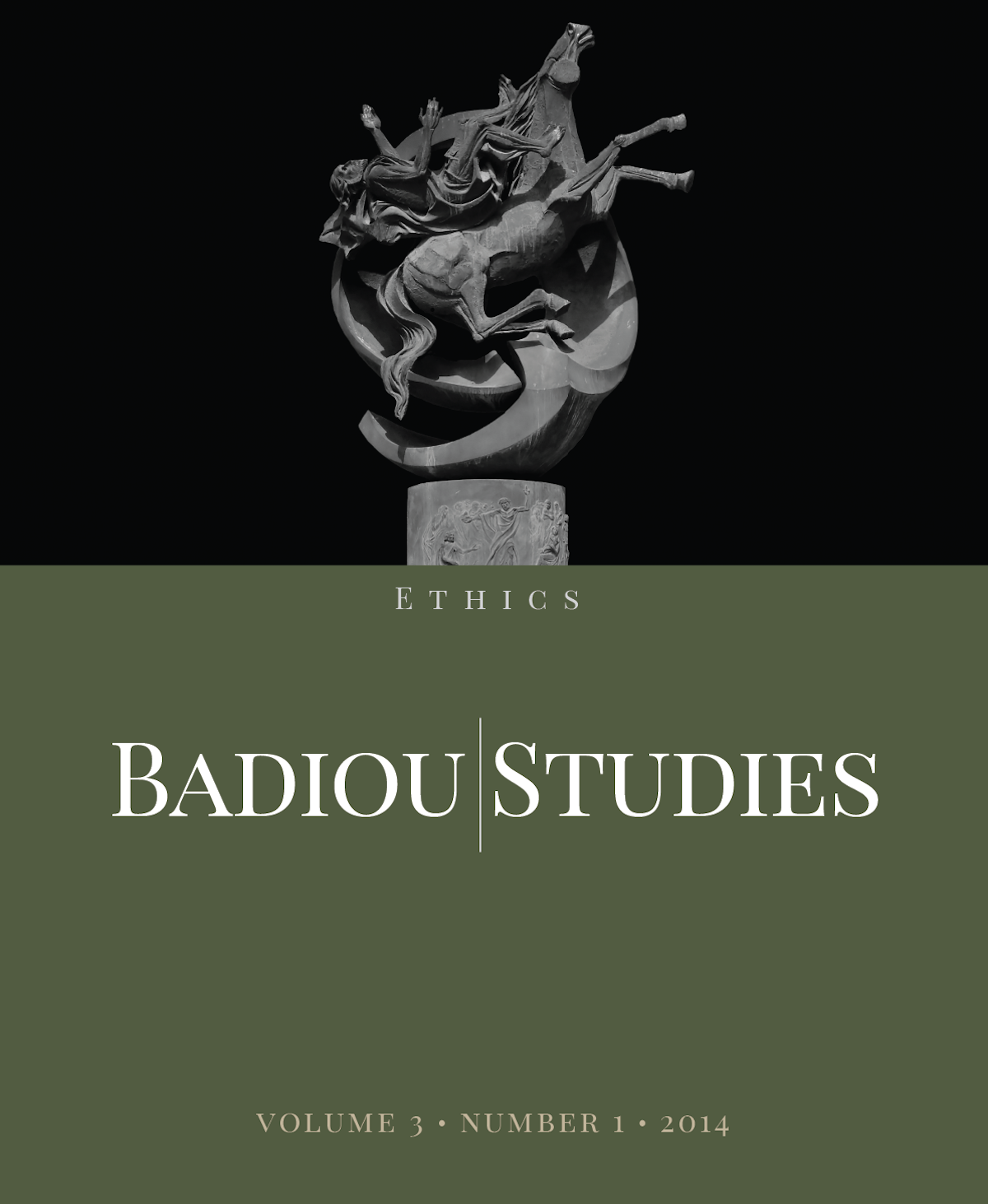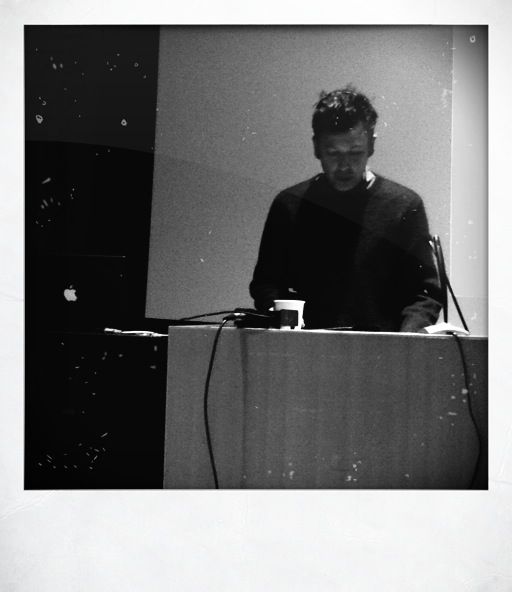Philosophy for Militants
Imprint: Dead Letter Office
Published: 03/15/2017
My thinking is related to theology as blotting pad is related to ink. It is saturated with it. Were one to go by the blotter, however, nothing of what is written would remain. ~ Walter Benjamin “No longer imminent, the End is immanent.” “Ends are ends,” Frank Kermode goes on to clarify, “only when they[…]







